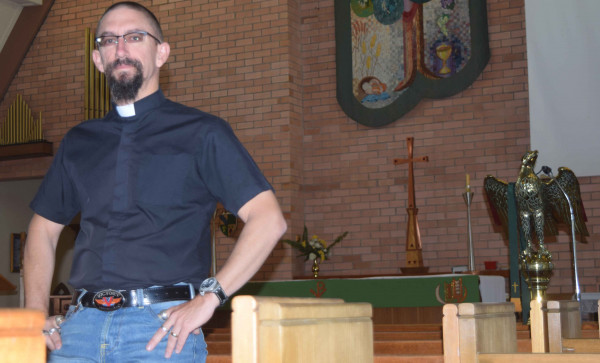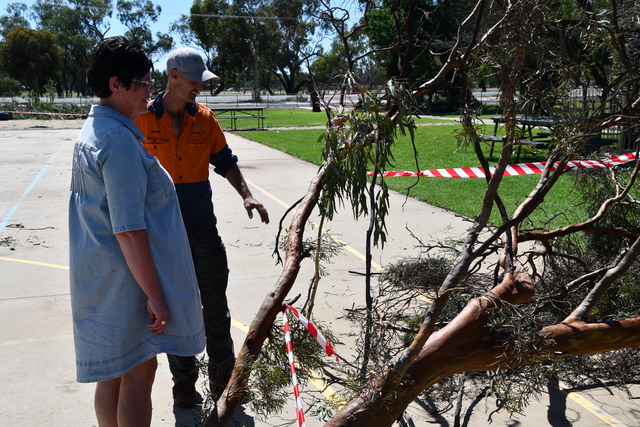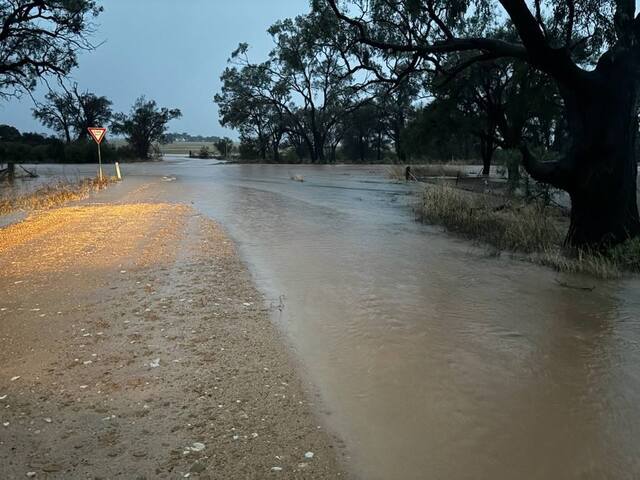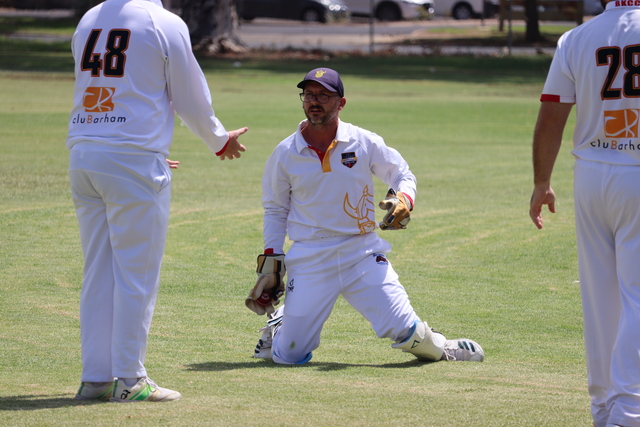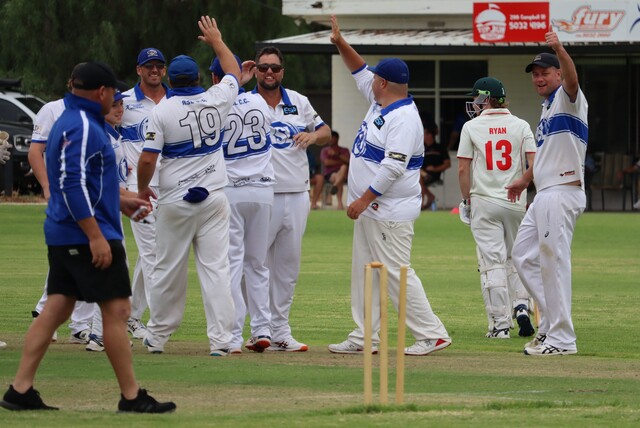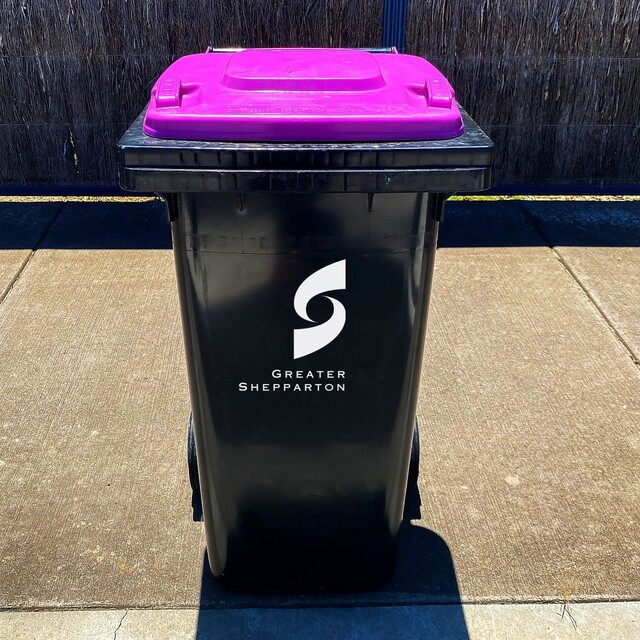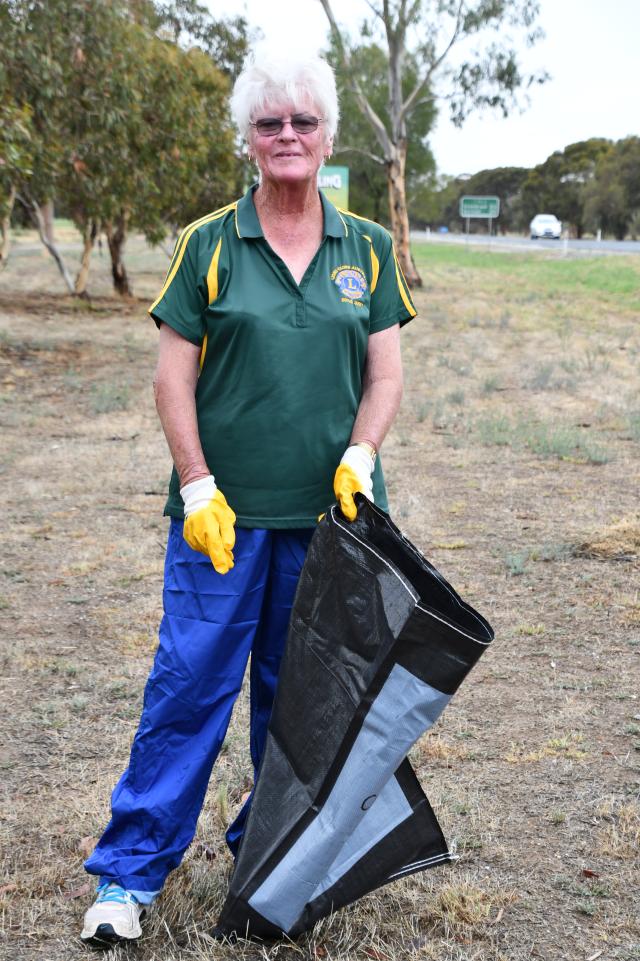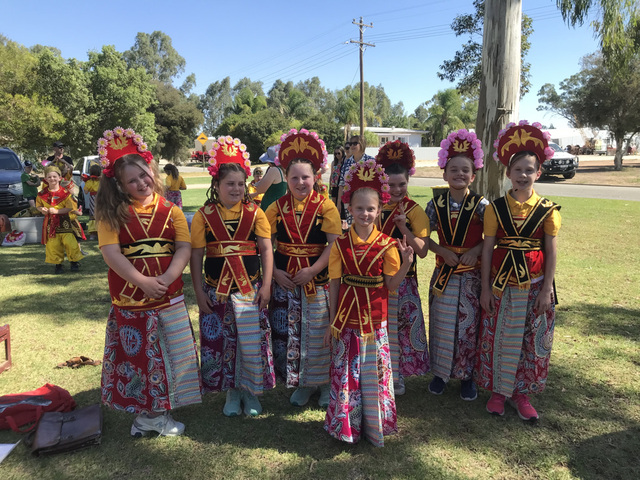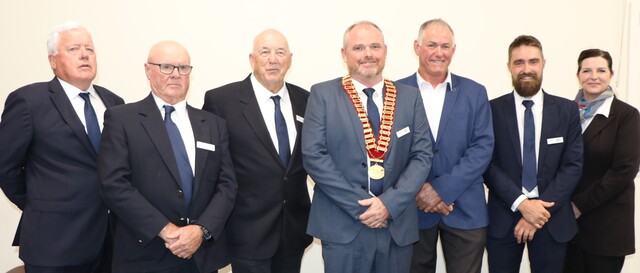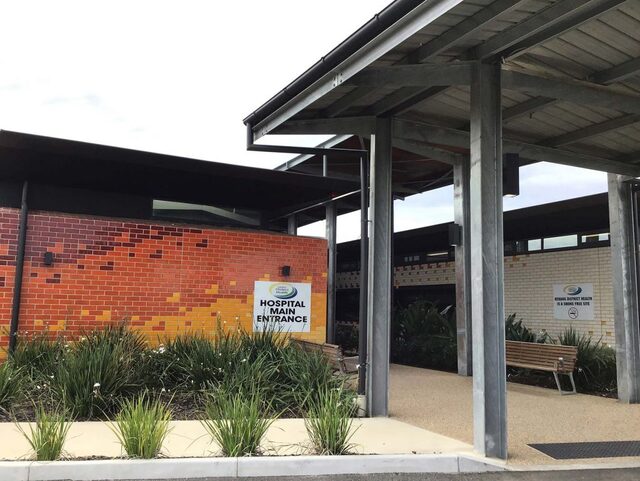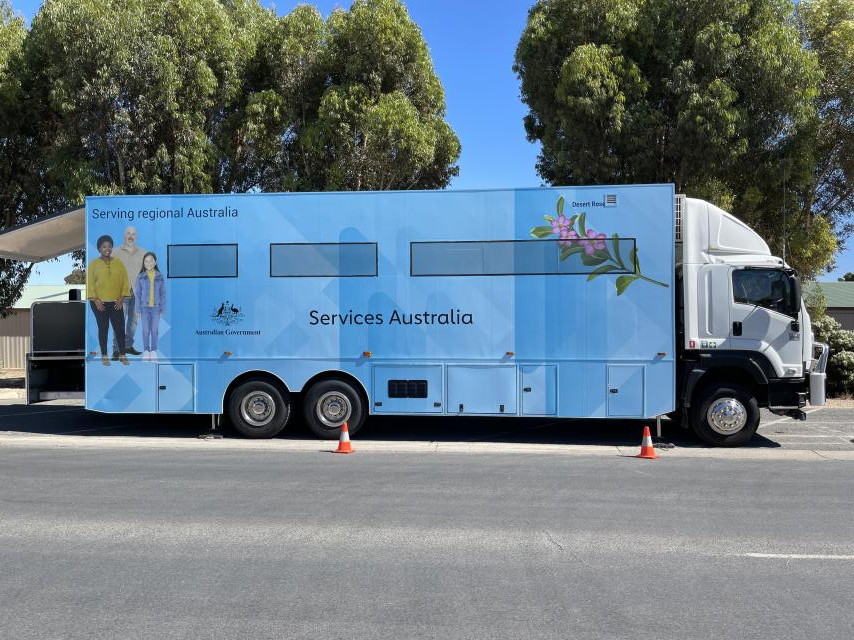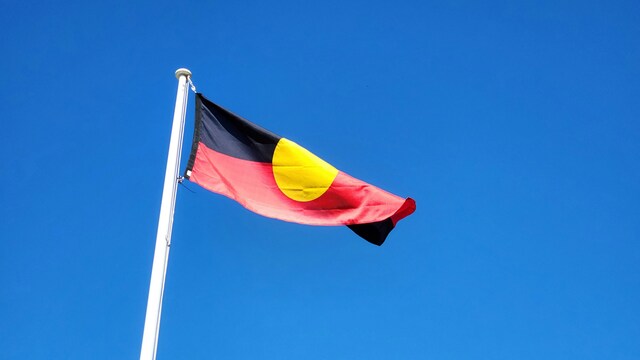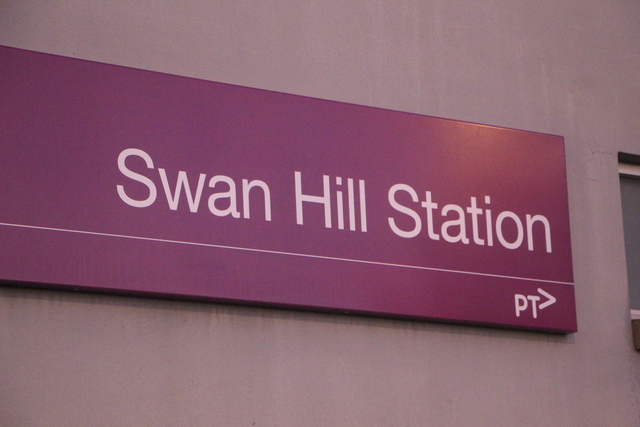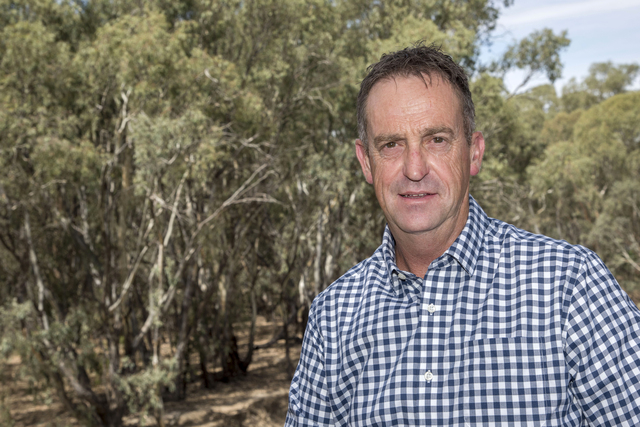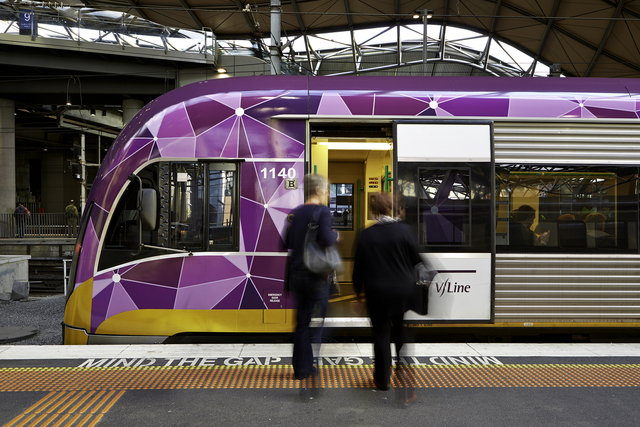
HAD the High Court of Australia ruled offshore processing unlawful on moral grounds, close to 270 asylum-seekers would remain free from “daily torture”.
Instead, the court last week made a validation of Australia’s offshore processing regime according to the current law, and it is now up to constituents to lobby future governments to ratify compassion, according to local Anglican priest, Fr Simon Robinson.
The 37 asylum seeker babies and 54 children who risk deportation could face “significant, irreversible mental health damage” if sent back to Nauru, according to a new report from the Australian Human Rights Commission.
Fr Robinson’s calls for compassion and hope came as Anglican churches across the country offered sanctuary to about 270 asylum-seekers in the wake of the failed challenge. He serves the Anglican parishes of Kerang, Cohuna and Quambatook.
First led by the Anglican Dean of Brisbane, Peter Catt, the offer quickly spread to capital cities across Australia, including Melbourne.
“This fundamentally goes against our faith, so our church community is compelled to act, despite the possibility of individual penalty against us,” Dr Catt said.
Sanctuary is a religious concept similar to asylum and dates back to the Old Testament, however the legality of such a practice has never been tested under Australian law.
“If someone came to our church for help, for anything, we would never turn them away, but at the same time to come out publicly and say, ‘yes, we will offer sanctuary to asylum…it’s not a decision that I could make on my own. I am under the authority of a bishop’,” Fr Robinson said.
“But, so far our direction has been to welcome refugees where ever and whenever we can, flying the flag outside the church welcoming them and helping to assimilate into rural communities.”
Fr Robinson said he understood why churches are standing up on the issue, given its failed responses to the Nazi Germany regime, “when the churches said nothing”.
“They were totally okay with what the Nazi concentration camp was doing, and not to say that the Australian Government is like such, but they are giving people thought of a cause,” he said.
“That is why we have been so militant about the issue, but on the other side of it, in some ways it is probably best not to advertise sanctuaries because it is illegal.”
Fr Robinson questioned why the government is running a “rightly so” probe into institutional responses to child sex abuse when it is sending children to be abused at offshore detention.
“It does not add up,” he said.
“You have to process asylum-seekers before they legally enter another country, but how it is done is what we are concerned about – is offshore processing the best way to achieve that.
“We don’t accept abuse in schools, yet it seems to be tolerated and out of sight for the government to worry about.”
Fr Robinson said to eliminate boat arrivals on Australian waters, we need an equal world.
“There is prosperity and justice for all; the number one priority should be the protection of children in detention, which doesn’t seem to be the key for our government because they just want to deter people from seeking asylum,” he said.
Fr Robinson described sanctuaries as a proactive approach that provides “power of hope” for the vulnerable.
“The focus should be on the children’s welfare; provide them with education, opportunities and hope so they don’t become radicalised and fight against the Australian way of life,” he said.

